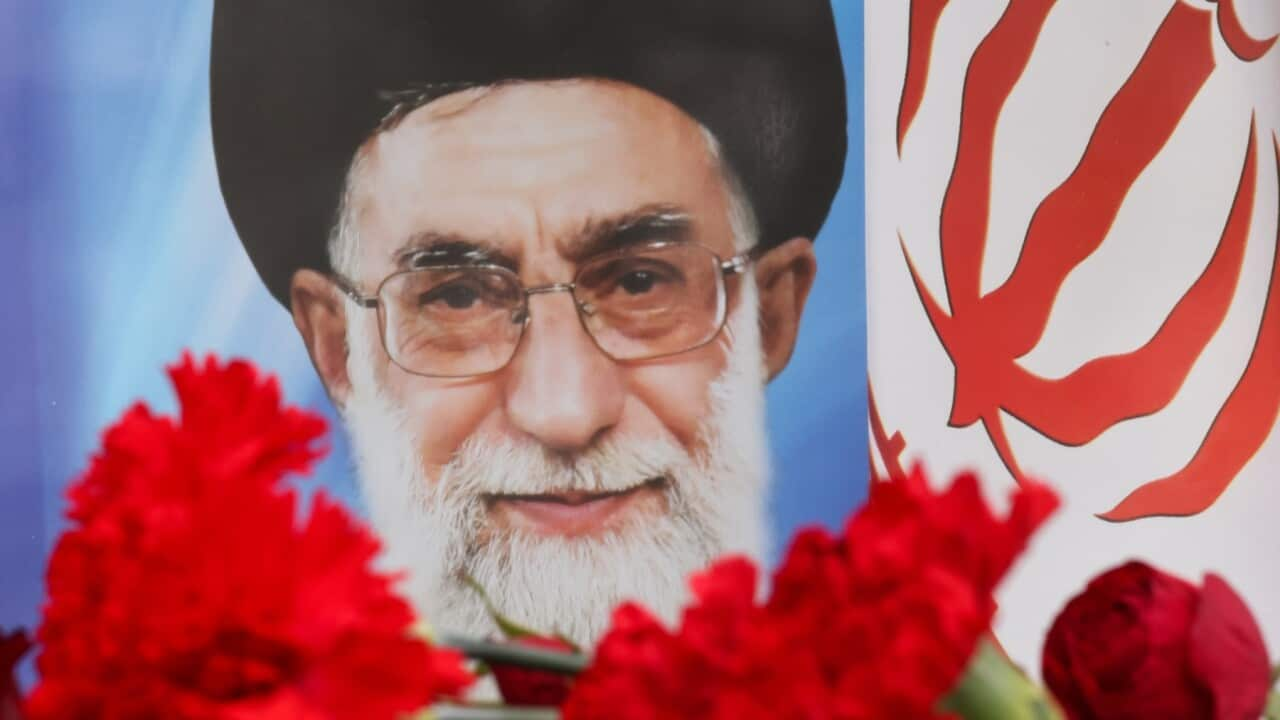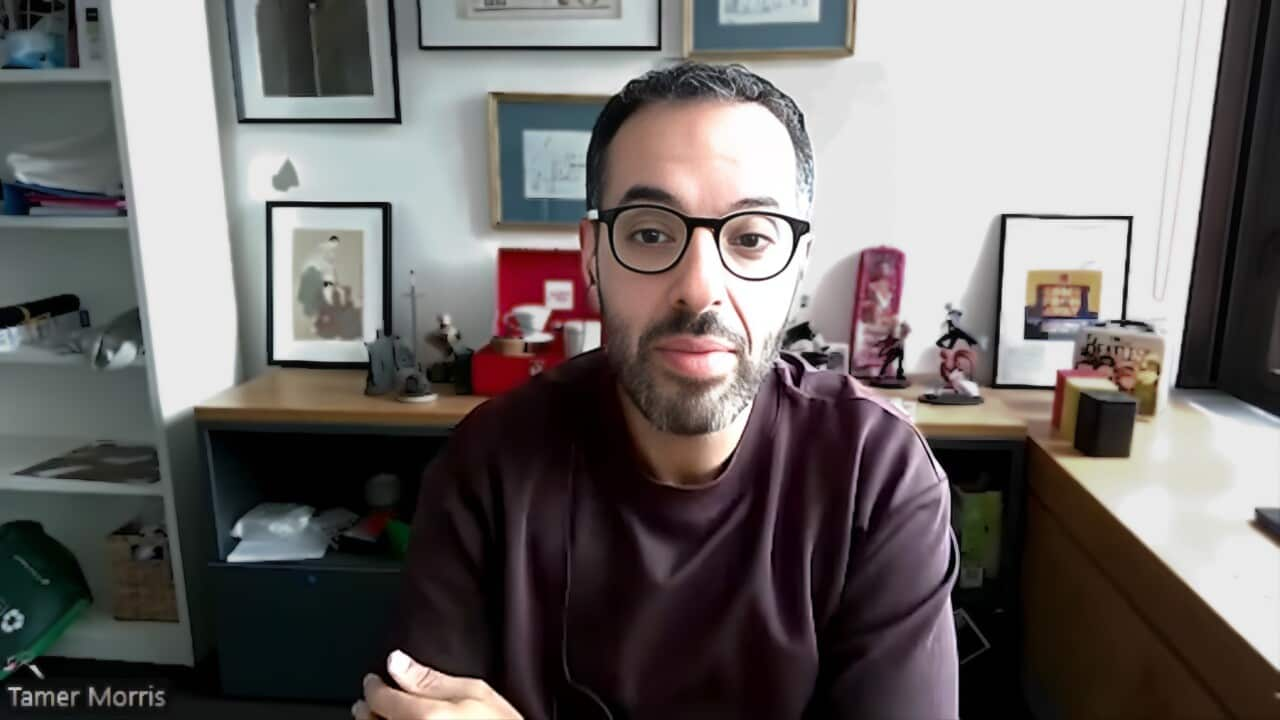Listen to Australian and world news and follow trending topics with SBS News Podcasts.
TRANSCRIPT:
The Eurozone's second-largest economy is battling a deep political crisis.
It all started when French President Emmanuel Macron called snap elections last year in an attempt to consolidate his power. Instead, they resulted in a hung parliament and gains for the far right.
Now, France’s sixth prime minister in under two years has been forced to abandon one of the president’s key achievements just to hold his government together.
'La crise' has become shorthand in France for the political turmoil of recent months.
There's been a hung parliament, repeated government collapses and difficulties forming coalitions.
All this against a background of deep divisions, government resignations and public protests.
And if there's one topic that's become a real sticking point in France, it's pensions.
The 2023 reform, pushed through using constitutional power without a parliamentary vote, raised the minimum retirement age from 62 to 64 by 2030 and sparked months of unrest.
Now, embattled Prime Minister Sebastian Lecornu has promised to suspend the unpopular reform until after the 2027 election.
"The country’s greatest wealth is its collective ability to move forward. That’s why I will propose to Parliament, this autumn, that we suspend the 2023 pension reform until the presidential election. There will be no increase in the retirement age from now until January 2028."
The move will be welcome in France, but that's not why Mr Lecornu did it.
France's sixth prime minister in under two years is under intense pressure from both ends of the political spectrum. To push through a crucial austerity budget by year’s end, he must secure Socialist support — the swing vote in parliament.
With at least two no-confidence motions looming, Mr Lecornu has little choice but to appease a party that despises the pension reform.
He said the move was about restoring meaning and confidence in politics.
"Who among the French will feel better if France becomes even more divided, if it is weaker, if it postpones fundamental and urgent issues until later?"
When it comes to saving his job, Mr Lecornu’s gamble seems to have paid off.
Socialist parliamentary chief Boris Vallaud hailed the suspension as a victory, and said his party would not back a no-confidence vote — for now.
But he added that the Socialists would push to reshape what he called an unbearable and inadequate budget in parliament.
"French people were waiting for your statement and so were we, expecting a sign that you listened. A sign that would help start to mend what was perceived as a brutal decision. What was experienced as brutality. The suspension of the pension reform. Here it is at last. It's a victory, no doubt."
On the conservative side, Laurent Wauquiez of Les Républicains also said his party would withdraw support for a no-confidence vote against Mr Lecornu.
"We have defined this position collectively with our deputies and senators. We will not censor a government in principle, and we will not be among those who bring down prime ministers".
The decision to suspend pension reform will be less popular with French President Emmanuel Macron, who regards the pension reform as both a signature policy and a pillar of his economic legacy — now abruptly mothballed by his own prime minister.
The move also comes with a price tag.
Mr Lecornu said freezing the reform would cost about 400 million euros, or $463 million, in 2026 and 1.8 billion euros the following year.
He says this will be offset by spending cuts — a plan economists already describe as rosy economic thinking.
"This suspension will ultimately benefit 3.5 million French citizens. It will therefore have to be financially compensated, including through cost-saving measures. It cannot come at the expense of an increased deficit."
The premier’s speech caps a turbulent fortnight in French politics.
Mr Lecornu, appointed prime minister only last month, resigned last Monday amid criticism of his new cabinet.
Reappointed on Friday, he unveiled a revised cabinet on Sunday — just in time to submit a draft budget to parliament.
Days later, Mr Macron warned that any vote to oust Mr Lecornu’s government would trigger the dissolution of parliament and fresh parliamentary elections.
Meanwhile, opposition leaders are urging the 47‑year‑old president to resign or call a snap presidential vote.
So far, he’s refused.
La crise continues.













